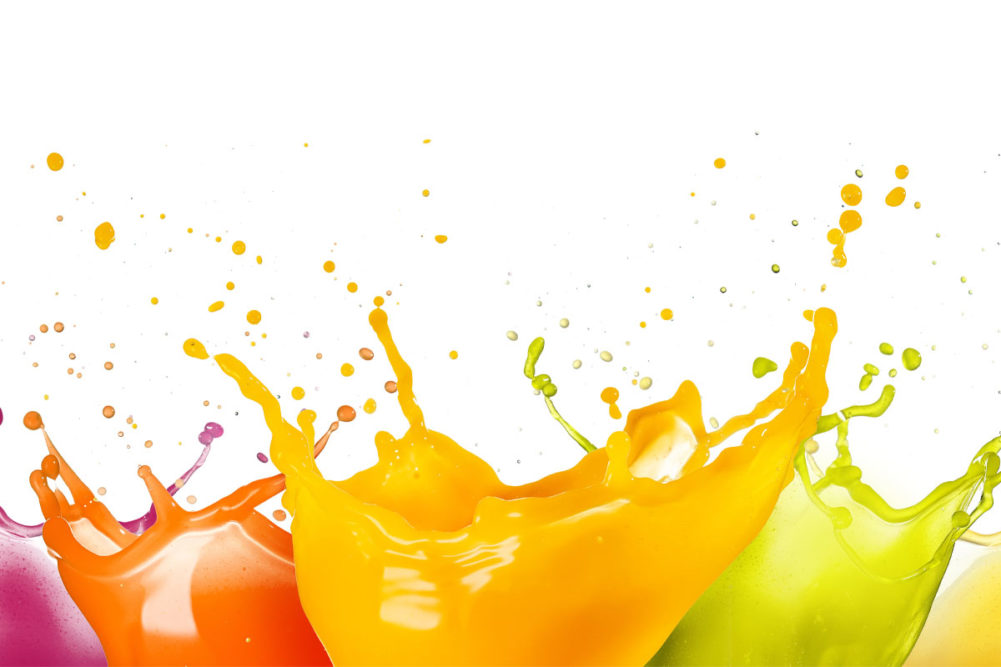KANSAS CITY — Sugar levels are one of the few drawbacks in consuming 100% juice. Orange juice is an example as it is an excellent source of vitamin C, folate and potassium, but it contains more than 20 grams of sugar per cup, according to the US Department of Agriculture.
The US Centers for Disease Control and Prevention, Atlanta, points to data showing 12% of Americans meet fruit intake recommendations. So how can the other 88% increase their intake through 100% juice without consuming excess sugar?
Entrepreneurial work in technology has discovered ways to reduce sugar in juices. Better Juice Ltd., Rehovot, Israel, offers bioreactors that food and beverage companies my acquire to reduce sugar in their products. NewTree Fruit Co., Traverse City, Mich., has patents to remove sugar from fruit juice, which the company offers for use as ingredients.
Converting sugar into fiber
Better Juice, founded in 2018, uses enzymes in non-GMO microorganisms to reduce fruit sugars by converting them into dietary fiber and non-digestible sugars. The company partnered with GEA, a supplier of food processing technology, to build, install and support Better Juice machines.
The technology may be used in any product that has natural sugar, according to the company. Examples are drinks that naturally contain sugar, including juice, honey and maple syrup. Other examples are juice, puree and concentrate that are used as ingredients in applications like ice cream, candies, cereal and sports drinks.
“The sugar reduction level depends partially on the fruit types as the sugar content and ratio varies from fruit to fruit and is also according to the level of sugar reduction desired by the manufacturer,” said Eran Blachinsky, PhD, co-founder and co-chief executive officer. “We can reduce approximately 80% of the sugar content.”
Better Juice began with Blachinsky, who has a PhD in biology from the Hebrew University of Jerusalem in Israel. While working as a vice president for a fruit processing company, he became bothered by a jam for diabetics because it contained 30% fruit that added to the jam’s sugar content. Blachinsky then worked with Roni Shapira, PhD, as the Better Juice technology is based on Shapira’s food microbiology research at the Hebrew University of Jerusalem.
Gali Yarom, a food industry executive, got in touch with Blachinsky through The Kitchen Hub, a seed investor in Israel. Blachinsky and Yarom now are co-chief executive officers of Better Juice while Shapira is a scientific adviser. The Kitchen Hub first invested in Better Juice with help from the Israeli Innovation Authority.
Ingredion, Inc., Westchester, Ill., through its venture investment business Ingredion Ventures, began working with Better Juice early in 2024.
“Better Juice Co. offers a technology that reduces the sugar from natural sources,” Blachinsky said. “Ingredion can embrace this solution and take it to the next level by presenting the sugar reduction technology as part of its portfolio of sugar reduction solutions and implement it in different applications for its customers, completing the sugar reduction basket they already have.”
Needing more capacity
NewTree Fruit Co., founded in 2014, processes juice with less than half a gram of sugar per serving, according to the company. All nutrition is maintained aside from vitamin C, which is volatile and added back to most conventional fruit juices, said Kim Anderson, a company co-founder along with her husband, Chad Anderson, and Luc Hobson. NewTree only adds the vitamin C back if a client requests it.
“We use yeast to remove 100% of the sugars without changing the nutrition or acid profile,” Kim Anderson said. “We have patents as it is a continuous process. We are the only sugar reduction method that is all natural, removes 100% of the sugar, lowers carbohydrate and calorie count, maintains the nutrient profile of the original fruit juice and is fully commercialized.”
Possible applications include zero-sugar and reduced-sugar juices and beverages, flavored lemonades and teas, flavored waters, and hydration beverages. Fruit preparations for yogurts and smoothies are other potential applications along with gummies, jellies and candies, canned cocktails, mocktails, and beer.
“We are partnering with two separate canned cocktail projects with nationwide distribution launching in the next one to three months,” Kim Anderson said. “Most of our projects are under NDA (non-disclosure agreement), and I should be able to share more info when they launch.”
Chad Anderson and Hobson met when they worked with a mutual client in the smoked meat industry. Hobson, a biochemist, developed a method to reduce sugar from fruit juice concentrate. Chad Anderson worked in thermal processing in the meat industry, and Kim Anderson has experience in multimedia advertising sales, marketing and events.
The company began through self-funding. The plant in Traverse City has reached capacity.
“We’re in the process of adding line 2 to meet current demand,” Kim Anderson said. “With completion, capacity will be 5 million 8-oz servings per month. Lines 3 and 4 are in the planning stages and will boost capacity to 20 million servings per month.”
Other plants, possibly overseas, may follow. Europe is considering adding “reduced sugar fruit juice” and “reduced sugar fruit juice concentrates” to fruit juice categories, Kim Anderson said.
“So that would open up a ton of opportunity for us over there,” she said. “So we’re definitely looking hard at locations there.”





